Disclaimer: The information presented in this blog post is intended for educational purposes only, and it hasn’t been evaluated by the Food and Drug Administration. This information isn’t intended to diagnose, treat, cure or prevent any condition or disease, nor is it medical advice. One should always consult a qualified medical professional before engaging in any dietary and/or lifestyle change.
Hey, y’all. Something you should know about me: I love fat. Fat makes everything taste better and it’s just sooo satiating. But I’m not talking about just any kind of fat. I’m talking about GOOD fats, specifically oils. Let me explain.
Fats are absolutely essential to our health. It’s one of the three macronutrients that we need in addition to carbohydrates and protein.
Here are just a few things that fat provides for us:
- Fats provide a source of energy to our body
- Fats aid in the absorption of fat-soluble vitamins (such as vitamin A, vitamin K, vitamin E and vitamin D)
- Fat helps to regulate energy absorption by slowing the absorption of food (so your energy doesn’t rise and crash all the time)
- Fats are imperative for healthy hormones, glowing skin, mental health and immune function
- Fats regulate our inflammatory response which we need to heal
- Fats increase satiety
- Fats make food taste good 🙂
But should we be relying on any and all fats to provide us with these benefits?
No. Actually, scratch that.
Hell no!
Not all fats are our friends. Today, we’re focusing specifically on oils. The oils we cook with, make dressings with, top our food with, and bake with.
Here’s what I want you to consider when choosing the oils you eat.
Think minimal to no processing involved.
The fats that are the best for our health are ones that took very little to no processing at all. The more and more processing a fat (or any food) undergoes, the less likely your body will actually see it and recognize it as a food. With a lot of processing, that food has now become a product. If your body consumes a product, not a whole food, it will likely have much more difficulty digesting and processing it for nourishment since it’s no longer in its whole form. Also, typically the more processing a food undergoes, the less nutrition that food has to offer.
What oils am I talking about?
8 Oils to Love:
- coconut oil
- avocado oil
- grass-fed butter or ghee (clarified butter)
- extra-virgin olive oil (not to be used at high heat)
- poultry fat (fat rendered from goose, duck, chicken or turkey)
- lard
- tallow or suet (fat rendered from beef, lamb or sheep)
- cold-pressed oils (black currant, sesame, and flaxseed) (Not for cooking with. Best for dressings or as finishing oils)
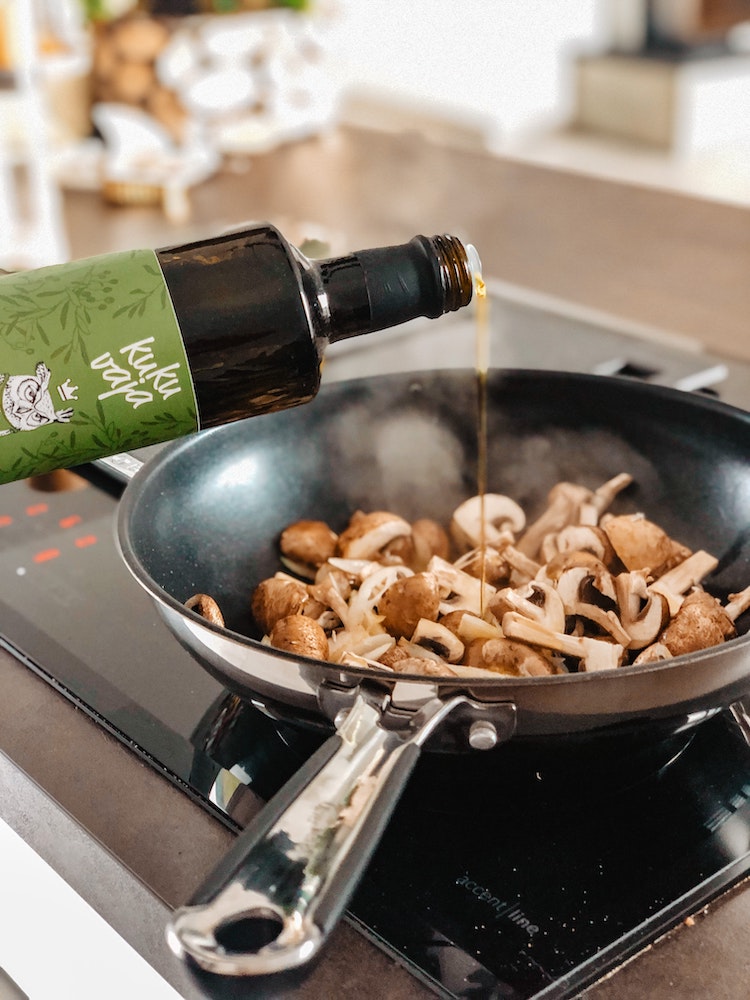
All of these fats can be processed with basic equipment, aren’t subject to high heat or pressure and no chemicals need to be infused into these oils in order to make them “shelf stable.” These are oils that our ancestors were able to make without modern-day technology.
(Make sure when buying tropical fats, to look for organic and unrefined. When purchasing animal fats, look for organically-raised varieties.)
Think variety.
It’s important that we consume a variety of good fats. Fats can be so fun to play with in the kitchen as far as trying new fats for roasting, sautéeing, creating salad dressings, etc.! Each fat will have a different nutritional profile to offer you, giving you overall more nutritional benefit when you incorporate more than one variety into your day. For instance, grass-fed butter is an excellent source of vitamin K2, a critical bone building element and a protector against heart disease. Additionally, coconut oil contains antioxidants called polyphenols which reduce inflammation. Try to consume 2-3 different fats/oils daily to increase your variety and overall benefits.
Look at the bottle.
A good rule of thumb: don’t buy any oils in clear, plastic bottles. I know you can see it in your mind, on the grocery store shelf, right now. “It’s called vegetable oil! Surely, it’s healthy if it’s from vegetables!”
Oh, heavens, no.
And that brings me to…
8 Oils to Stay Far Away From:
Let me tell you about these seed oils that you find in clear, plastic bottles at the grocery store. I’m talking:
- vegetable oil
- canola oil
- sunflower oil
- safflower oil
- cottonseed oil
- corn oil
- soybean oil
These oils are heavily processed seed oils. These seed oils are processed with high heat and chemical solvents. Highly processed seed oils are unstable and when they’re subjected to light and/or heat, they go rancid.
Yes, that’s right. Those oils in clear, plastic bottles at the grocery store are already rancid. Like… they were shipped to the store rancid. So when you buy those oils, you’re cooking with rancid oils! And the companies that make them know they are rancid, which is why they add chemical deodorizers to the oils so that they don’t smell off. Aww, that’s really nice of them, isn’t it? (sarcasm)
Rancid oil + chemical deodorizer = not a food. That’s a heavily processed product. One that (in my humble opinion) is unfit for human consumption.
Not only that, but these heavily processed oils actually create a deficiency of essential fatty acids in our bodies. So the amazing work that the GOOD fats do for us (such as promote good immune/skin/hormonal/brain health and assist with our healing responses), rancid seed oils do exactly the opposite. They promote chronic inflammation throughout the body.
“Hey, Corie. You only listed 7 oils, but the article title states 8 oils to stay far away from. What gives?”
Yes, how could I forget the last oil you should absolutely avoid if humanely possible.
PARTIALLY-HYDROGENATED OILS!
Partially-hydrogenated oils are found in margarine, vegetable shortening, many packaged snacks, fried foods, ready-to-use dough, coffee creamers, microwave popcorn and many pre-made baked foods. Companies put partially-hydrogenated oils in their products because the hydrogenation process is able to turn a liquid fat into a solid fat, which increases the shelf life and cuts costs.
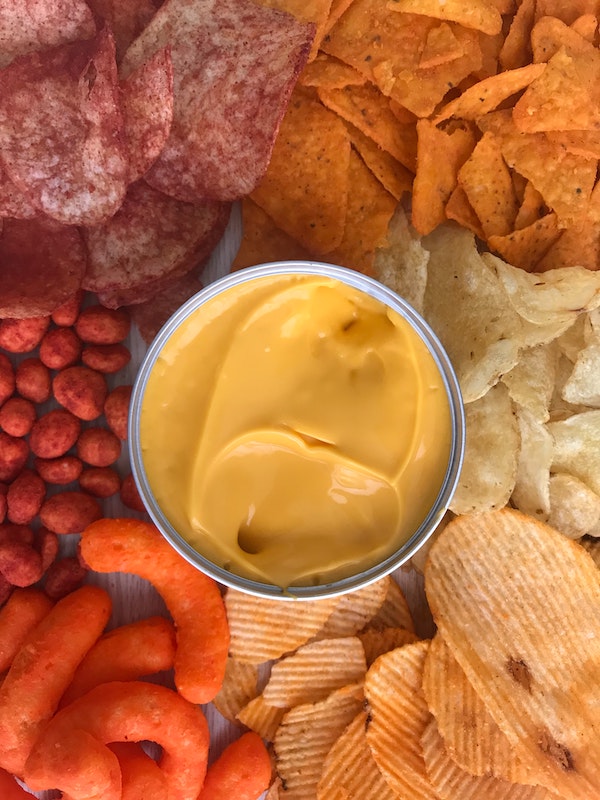
These partially-hydrogenated oils contain trans fats which promote chronic inflammation and poorly affect heart health. Unlike coconut oil and grass-fed butter (saturated fats) which are heart health boosting.
Trans fats are fats that you really must avoid if you want to live the most healthful life possible.
The best way to avoid partially-hydrogenated oils is to avoid purchasing processed snacks like the ones listed above. Stick with whole foods and nutrient-dense, minimally processed cooking oils in order to decrease inflammation and promote your heart, brain, hormone and skin health.
Y’all- take good care and eat some good butter.

SOURCES
1- “Fatty Acids- Student Lecture.” Nutritional Therapy Association. 2019.

Corie McInnis
Corie is a nutritional therapy practitioner. She specializes in helping her 1:1 clients clear up adult acne and ditch digestive discomfort. She believes that a nourishing diet can support the body's innate ability to heal. She's a big fan of grass-fed butter and will not shut up about the gut microbiome.

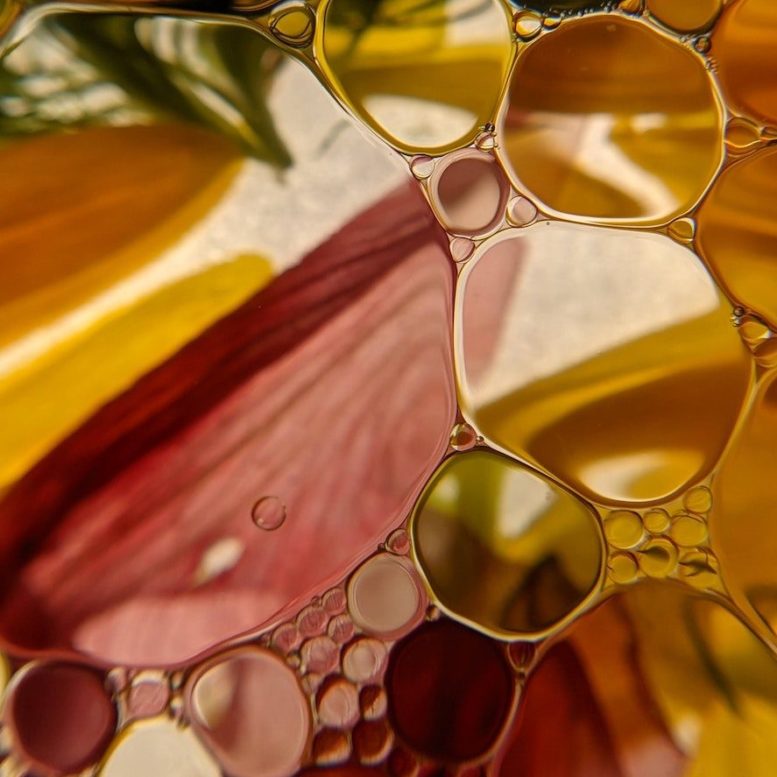

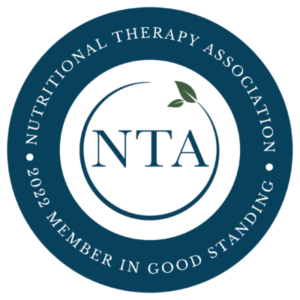
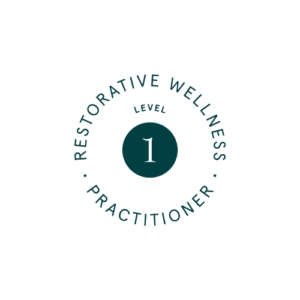
0 Comments